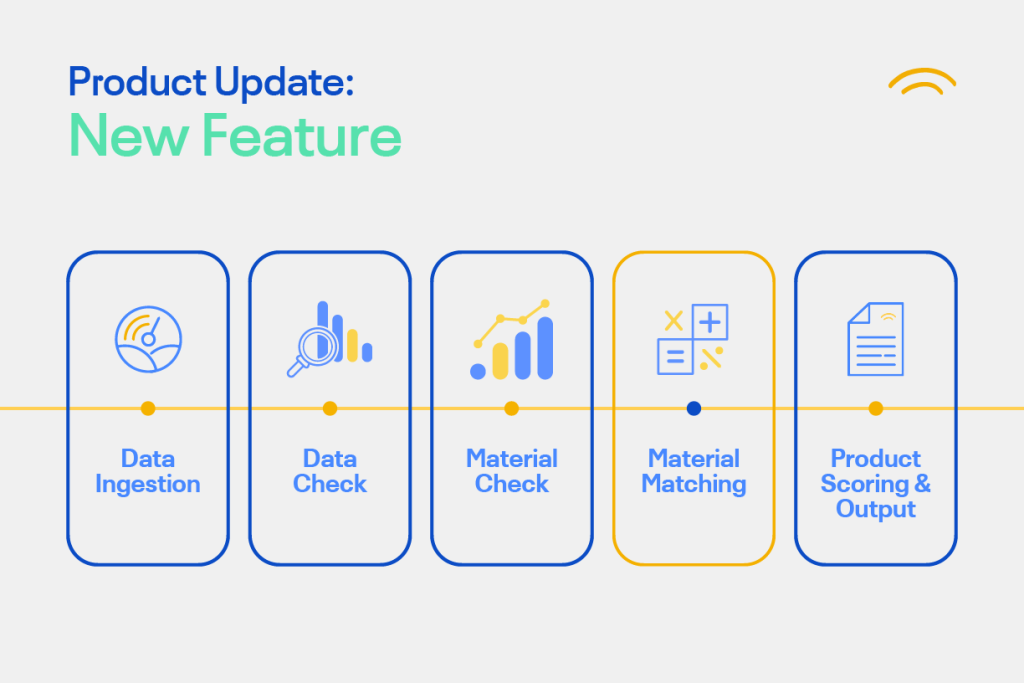Introducing Absolute Impact Metrics
One of Dayrize’s market-leading features, Absolute Impact Metric measurement enables retailers and brands to access and increase the transparency of the impact their products have on the climate and ecosystems.
This innovative tool provides businesses across the globe with quantifiable data on three major impact areas throughout the manufacture, transportation and packaging of their products; Carbon emissions, Biodiversity Impact and Water System Impact.
Carbon Emissions: This metric represents the assessment of the greenhouse gas (GHG) emissions attributable to the product throughout its life cycle, including resource extraction, manufacturing and all distribution legs, including delivery to the door of the customer, otherwise known as “cradle to door.”
Biodiversity Impact: This metric relates to the surface of land that was used to create the materials for a product and its packaging, and also considers both land-use intensity and regional sensitivity to biodiversity loss. Increasing the demand for land use increases the risk of biodiversity loss due to deforestation and other land-use practices. Choosing materials that reduce the land needed for production releases the area for other commercial purposes (e.g. production of food, textiles, or, biomass for energy, textile fibers) or for restoring nature (e.g. reforestation etc), making this practice extremely essential for responsible resource consumption.
Water System Impact: This metric estimates the extent to which local water systems are stressed throughout the supply chain to make a product and its packaging. To determine this, we take into account the water depletion caused by the production of a product and its raw materials, and a water risk factor derived from the Aqueduct Water Risk tool, developed by the World Resources Institute (WRI). The higher the water depletion, the higher the pressure on freshwater systems, and the impact is compounded when water is depleted from already-stressed water systems. Reducing gross water consumption returning water to the same ecosystems in the same condition (acidity, temperature etc.), and/or sourcing from locations with a lower water risk (higher water availability) helps stabilise the system and will reduce negative impact.
Dayrize provides both relative scores through the Dayrize Score, and absolute impact metrics, offering a complete and nuanced understanding of a product’s sustainability. Our absolute impact metrics provide a comprehensive and objective evaluation of a product’s total environmental footprint, allowing a brand to be more sustainable in its strategies in every step of the way.
Interested in modelling your products? Get in touch with us to arrange a demo.
